DSC Away Day
Recap
18 June 2025
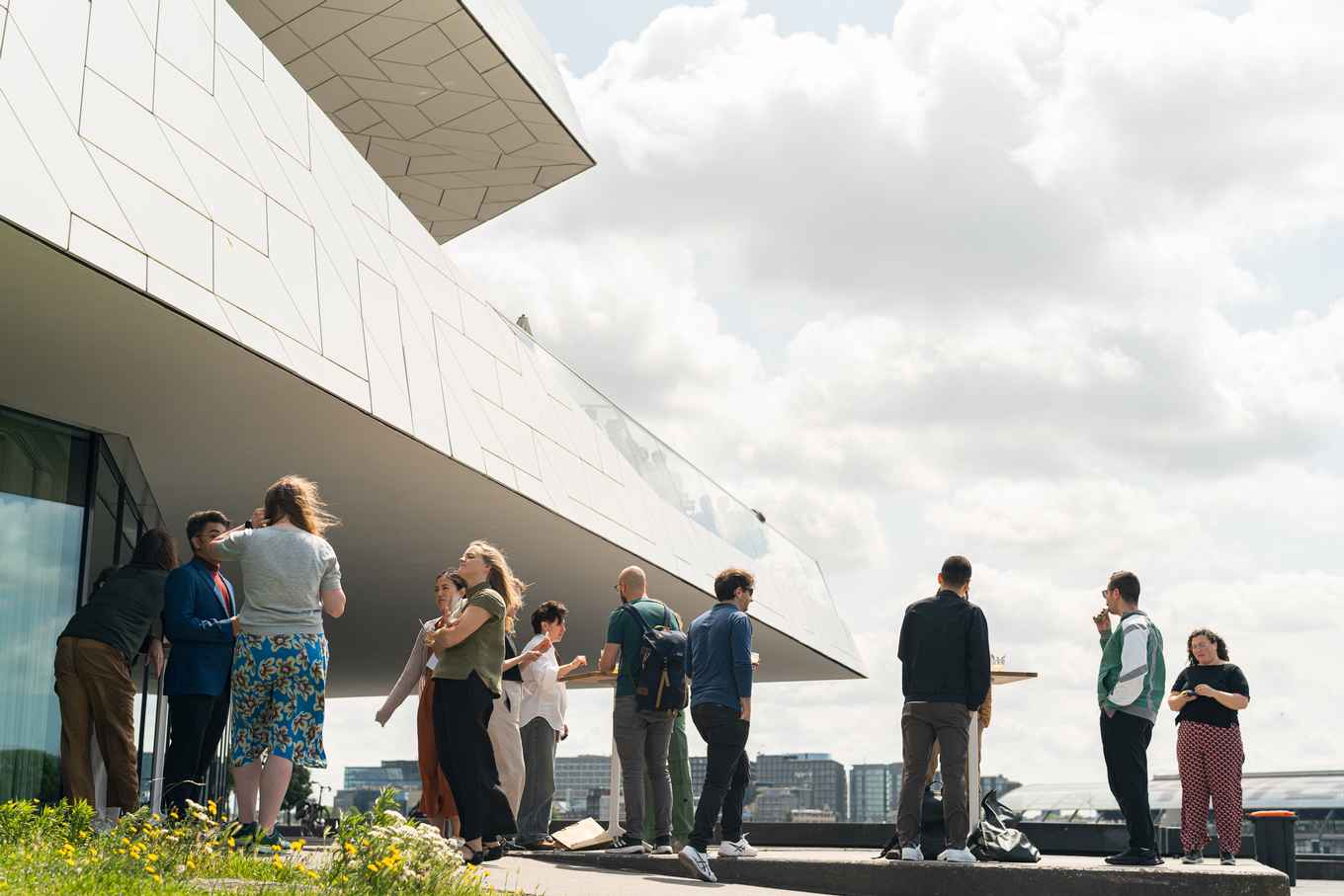
Keynote on AI and filmmaking
The day began with a keynote by Asad Ayub, co-creator of the Amsterdam AI Film Festival. Through a series of compelling AI-generated film fragments, Ayub showcased the technical sophistication of current video-AI tools and highlighted the creative opportunities they offer, especially for emerging filmmakers.
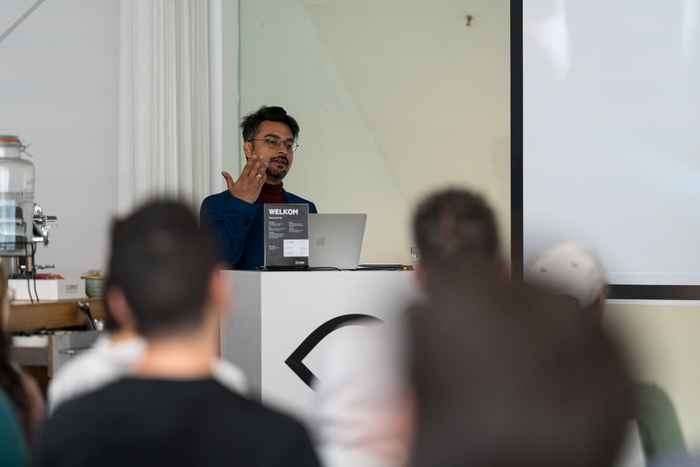
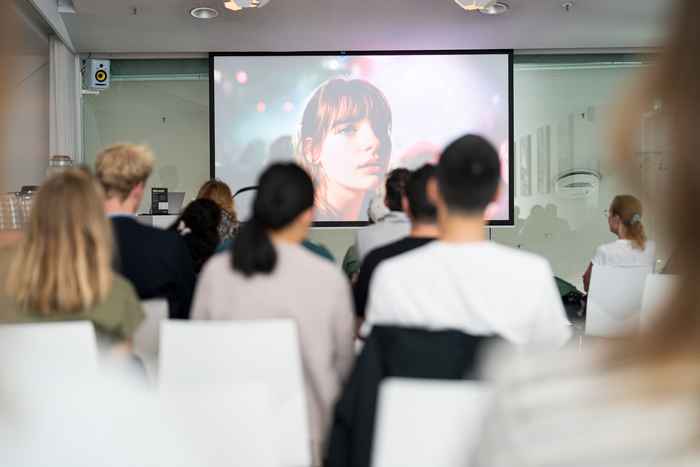
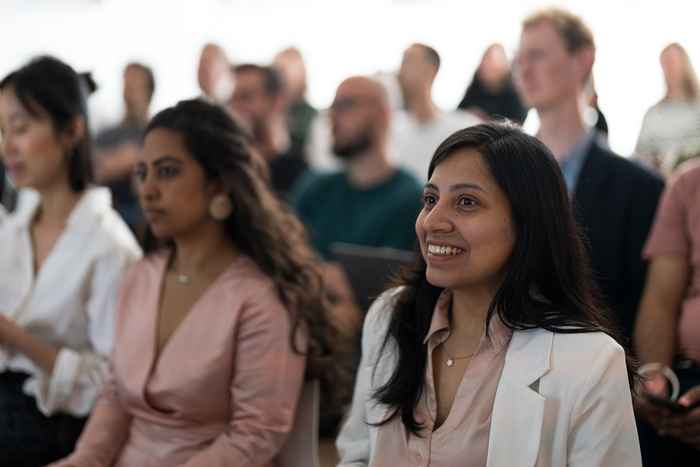
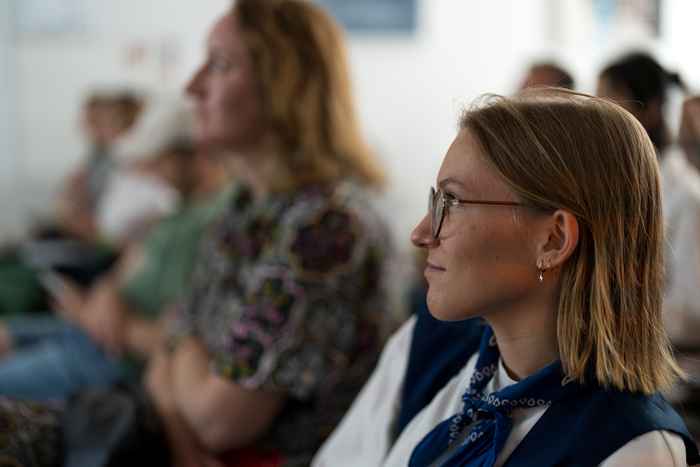
The keynote sparked a lively and critical discussion around questions such as: How do issues like consent, disinformation, and colonial infrastructures that are central to generative AI models shape our responsibilities? And to what extent are intertextual references in the history of film comparable to the way AI models are trained by and ‘copying’ existing content?
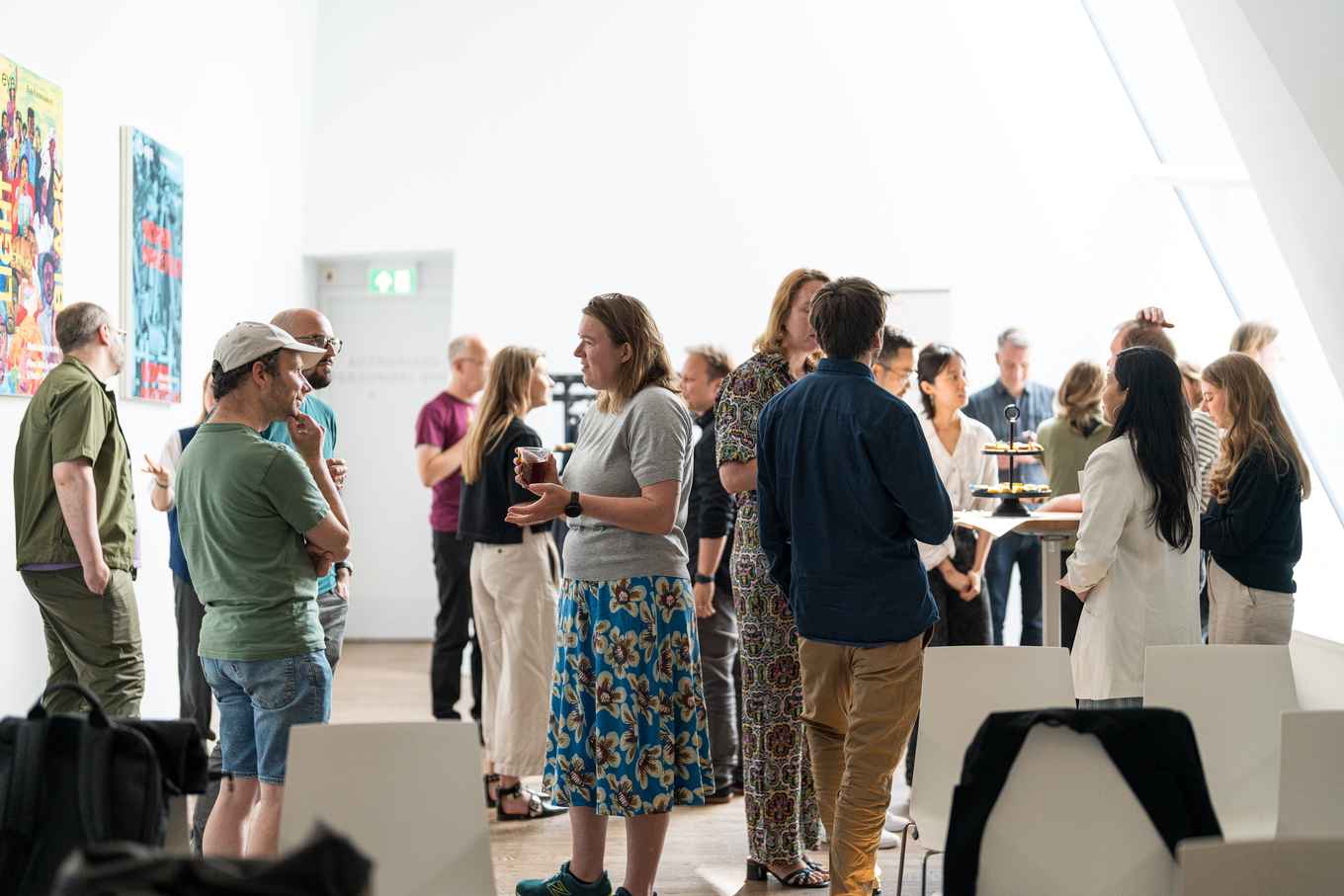
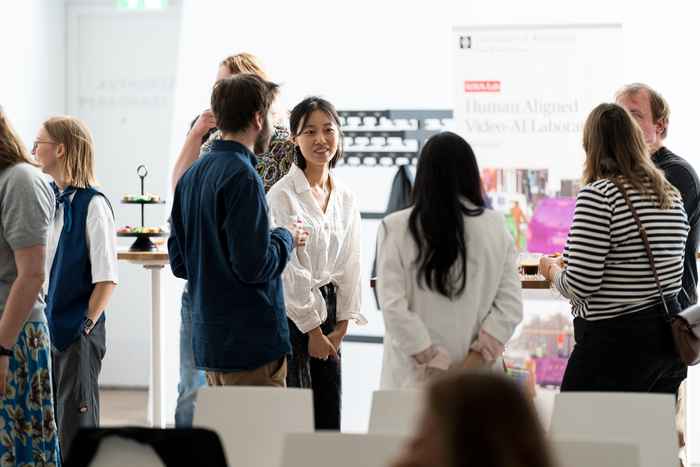
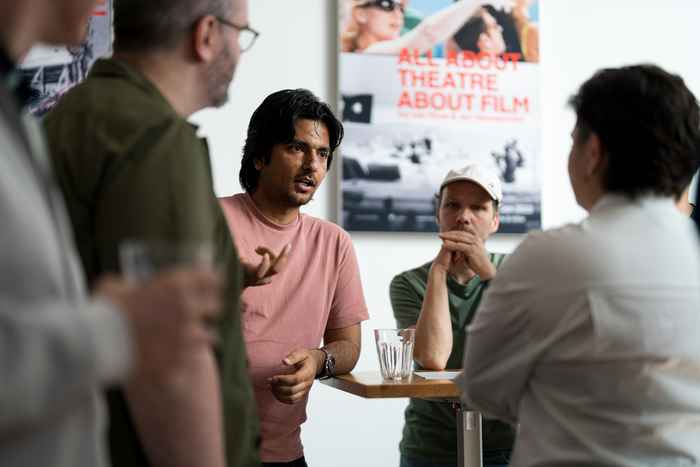
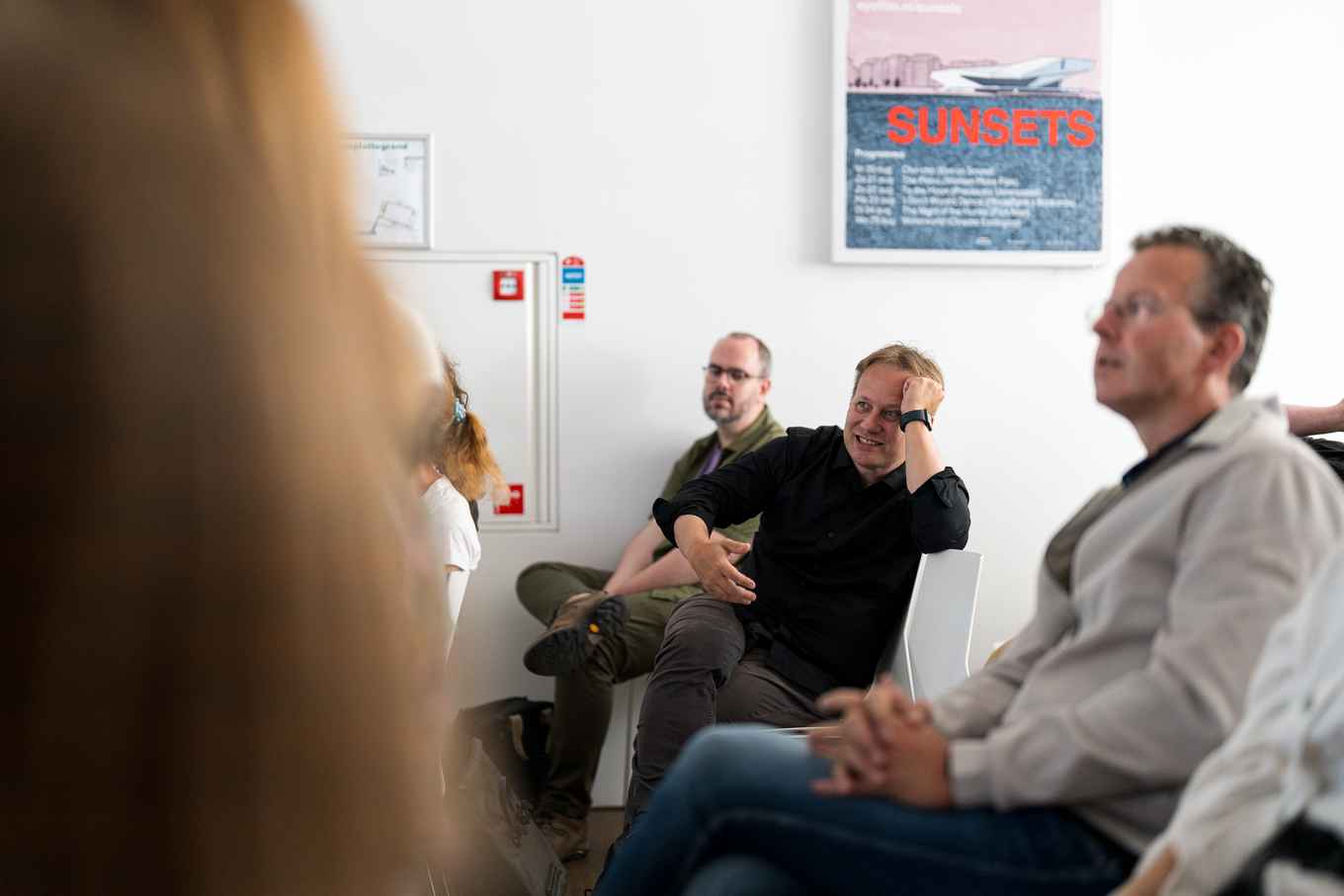
Panel discussion: Perspectives on human alignment
A thought-provoking panel discussion followed, featuring Bregtje van der Haak, Dutch documentary filmmaker and director of the Eye Film Institute, Delfina Martinez Pandiani, Assistant Professor, UvA Department of Media Studies & Institute for Logic, Language and Computation, Nanne van Noord, Assistant Professor at the Multimedia Analytics at the UvA, and Asad Ayub.
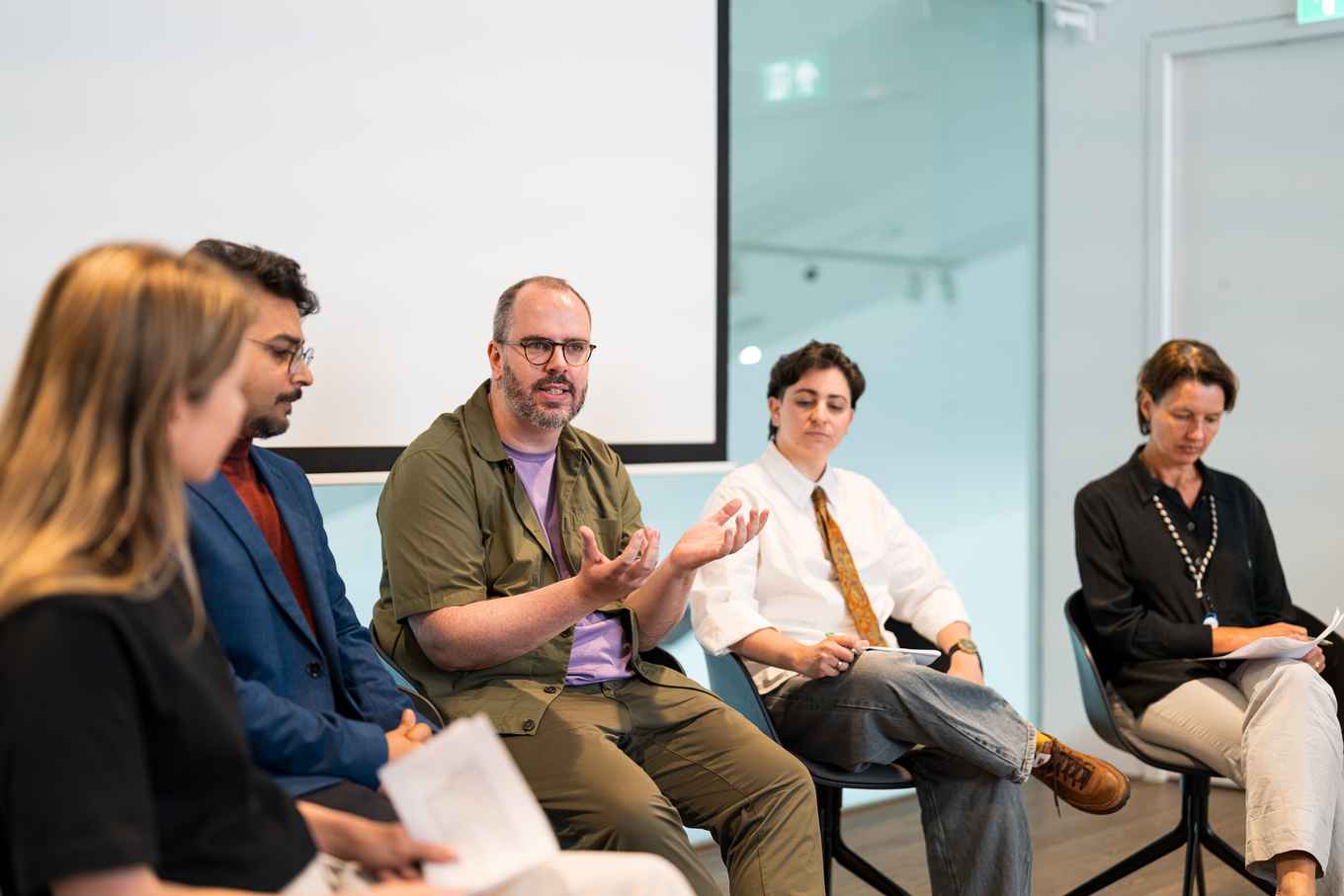
Bregtje van der Haak emphasized the need for technological literacy to have meaningful ethical debates, pointing out Eye’s interest in AI where humans remain at the creative center. She also noted that Eye uses AI for film archive searchability, but resists handing over archives as training data until regulations clarify the distinction between original and AI-generated content.
Delfina Martinez Pandiani raised concerns about reproducing vulnerability when studying family and child vlogs. Although the research aims to advise governments on possible regulation, the very creation and analysis of such datasets also documents and potentially reinforces that same vulnerability.
Nanne van Noord argued that aligning AI with "humans" requires first asking which humans we are aligning with. He highlighted the limitations of AI training data and the importance of preserving public access to film archives. He also drew attention to the gap between computational models and artistic concepts like texture in video.
A memorable reflection from Bregtje: “We’ll see more AI-generated films - but also, as a response, a resurgence of handcrafted aesthetics.”
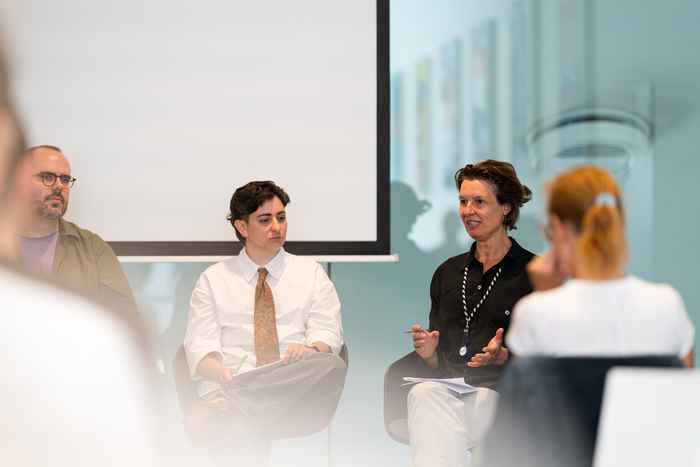
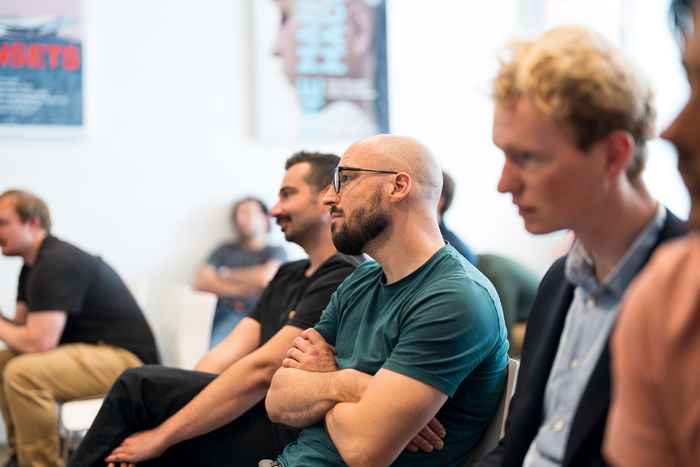
Afternoon workshops
Participants split into two interactive sessions:
Workshop 1: AI film creation
Using tools like Sora and Dream Machine, this group experimented with AI-generated storytelling. Each team created a short film interpreting a common proverb (e.g., Don’t judge a book by its cover and Life is a rollercoaster) using minimal prompt text, with pretty impressive results.
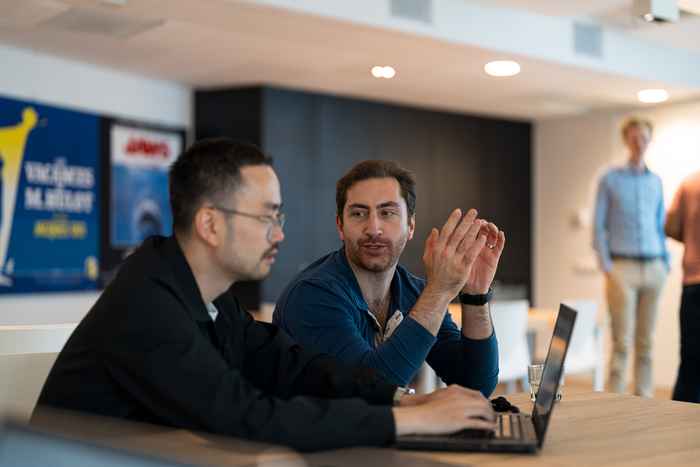

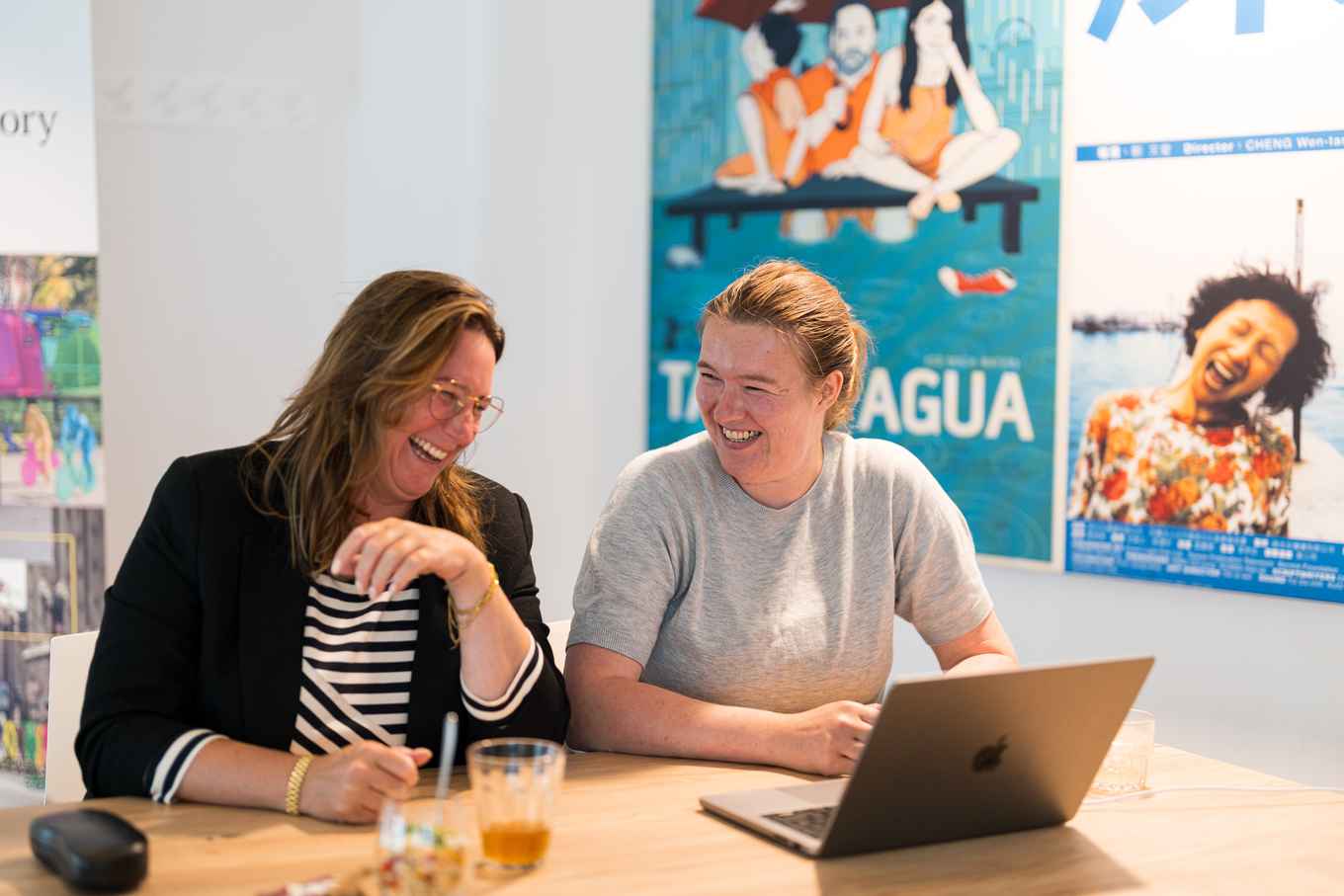
Workshop 2: Societal impact & ethics
This group examined how video-AI influences public behavior and discussed frameworks for responsible and forward-thinking AI development. Topics included disinformation, public trust, and the role of academic research in shaping policy.
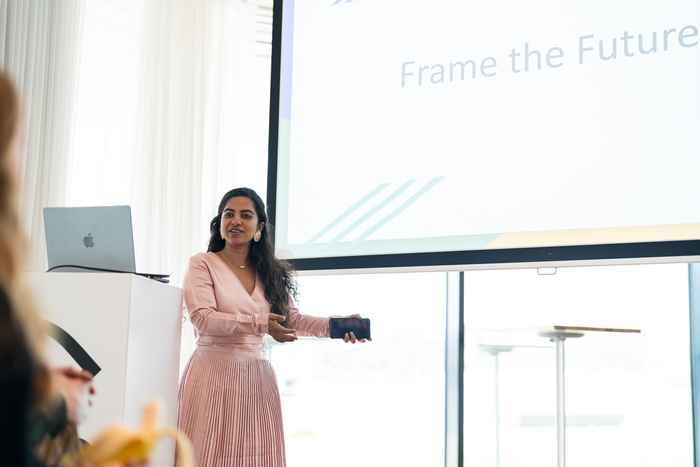
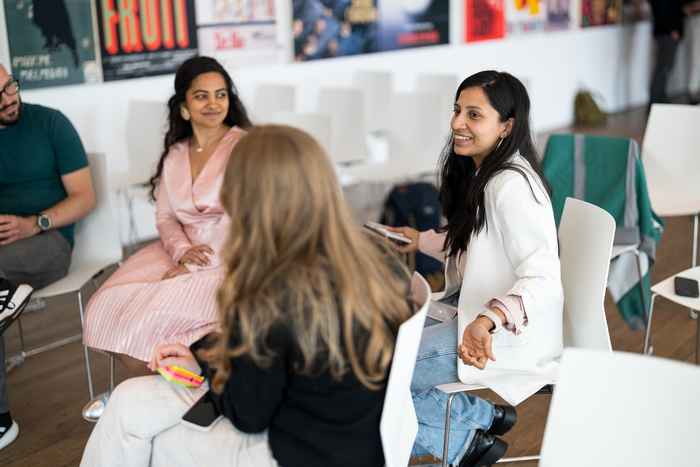
Closing remarks
Paul Groth, Scientific Director of the Data Science Centre, closed the day by emphasizing the need for interdisciplinary collaboration in data science and AI research. He reaffirmed the DSC’s ongoing mission to advance the university’s research by developing, sharing, and promoting data science methods and technologies across faculties, supporting faculty data science hubs, and fostering a UvA-wide network of data scientists.
For more updates, stay connected with the DSC and save the date for our annual AI and Data Science Day, returning on October 30, 2025.